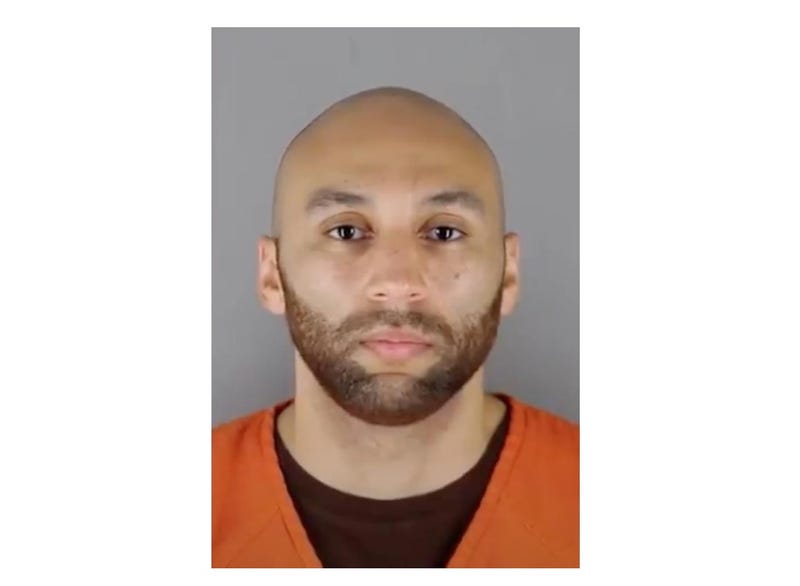
An ex-Minneapolis police officer charged in connection to the murder of George Floyd is set to be released from a federal prison in Ohio Wednesday.
J. Alexander Kueng has been serving federal and state sentences after pleading guilty to aiding and abetting second-degree manslaughter along with federal charges of violating George Floyd's civil rights.
Kueng becomes the second officer to be released after Thomas Lane was released last fall on supervised release. Kueng is expected to return to Minnesota where he'll also be on supervised release.
Another officer, Tou Thao, is scheduled for a November release.
Derek Chauvin is serving the longest sentence for his role in the death of Floyd. Chauvin remains in prison after being sentenced to 22 1/2 years for murder but has been appealing his conviction.
In December, a judge granted permission to lawyers for Chauvin to have samples from Floyd examined as part of the former Minneapolis police officer’s efforts to challenge his conviction.
The order will allow the defense to examine Floyd’s heart tissue and fluid samples to test a theory that Floyd died of a heart condition aggravated by a rare tumor, not — as prosecutors contend — from asphyxiation caused by the white officer pressing his knee on the Black man’s neck for 9 1/2 minutes despite Floyd’s dying cries of, “I can’t breathe.”
Chauvin's federal defender for his appeal attempt, Robert Meyers, argued in his request that Chauvin’s original attorney, Eric Nelson, failed to inform his client that an outside pathologist not directly involved in the case, Dr. William Schaetzel, of Topeka, Kansas, had contacted Nelson before Chauvin entered his plea and offered an unsolicited theory that Chauvin did not cause Floyd’s death.
Chauvin claims that amounted to “ineffective assistance counsel” and is seeking a new trial, saying he would not have pleaded guilty if he had known about the pathologist.
But federal prosecutors have argued in court filings that Nelson made a reasonable “tactical decision” not to explore an untested opinion “offered by someone holding himself out as an expert.” They pointed out that Nelson consulted with other medical experts in preparation for Chauvin’s cases, including one who testified in state court, but that the jury in that case rejected Chauvin’s medical defense. They also noted that the legal barriers to succeeding on a claim of ineffective counsel are very high.
The Associated Press contributed to this story.
